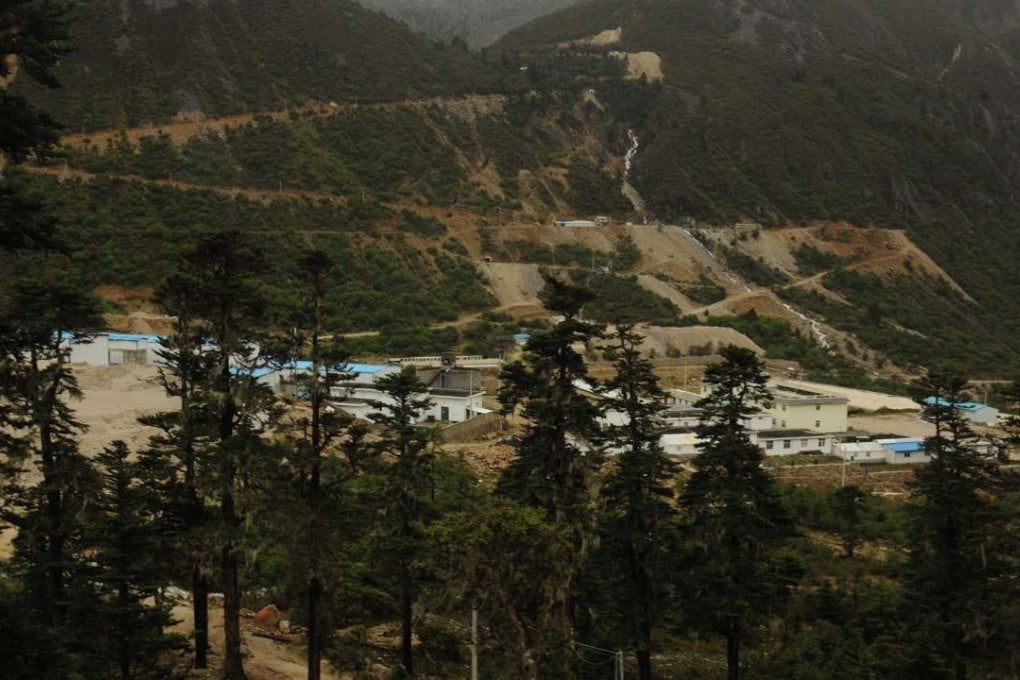Mines in Chinese Unesco site damaging pristine Shangri-La forest: Greenpeace
Greenpeace says three mining operations are damaging intact tracts of forest in the Three Parallel Rivers area, a UN-certified nature reserve

A new investigation by environmental group Greenpeace has found mining activities within a Unesco heritage site in Shangri-La, Yunnan province, that are damaging one of the few intact forests left in China.
Citing field-visit findings and satellite imagery, the group found three mine operations that are damaging surrounding hillsides, leading to deforestation as well as posing a landslide risk inside the Three Parallel Rivers site - which the UN conservation agency refers to as the “epicentre of Chinese biodiversity”.
The nature heritage site - officially recognised by Unesco since 2003 - lies in the headwaters of three major rivers: the Yangtze; the upper part of the Mekong, known as the Lancang in China; and the Nu. The rivers run roughly parallel for about 170km before diverging.
Pledge of no new work in Nu River dam projects but cover-up feared
One of the three mines - engaged in extracting the metalloid antimony - is built in the “core zone” of the Three Parallel Rivers site, where any such projects are strictly banned.
The other two mines, both involved in extracting tungsten and molybdenum, are in the area’s buffer zone, where only scientific research and monitoring are allowed. One of these operations did not even complete an environmental impact review before it began in 2012, according to a report issued by Greenpeace.
The other mine was found to have piled up its tailings in the site’s valleys without proper treatment, damaging vegetation and posing a pollution threat to groundwater in the area.
Greenpeace said such practices were in direct violation of both Unesco regulations and China’s environmental laws protecting nature reserves, and that they also break an assurance made by the Yunnan provincial government to the UN body.
The country must assure the world that it can effectively protect these globally significant areas